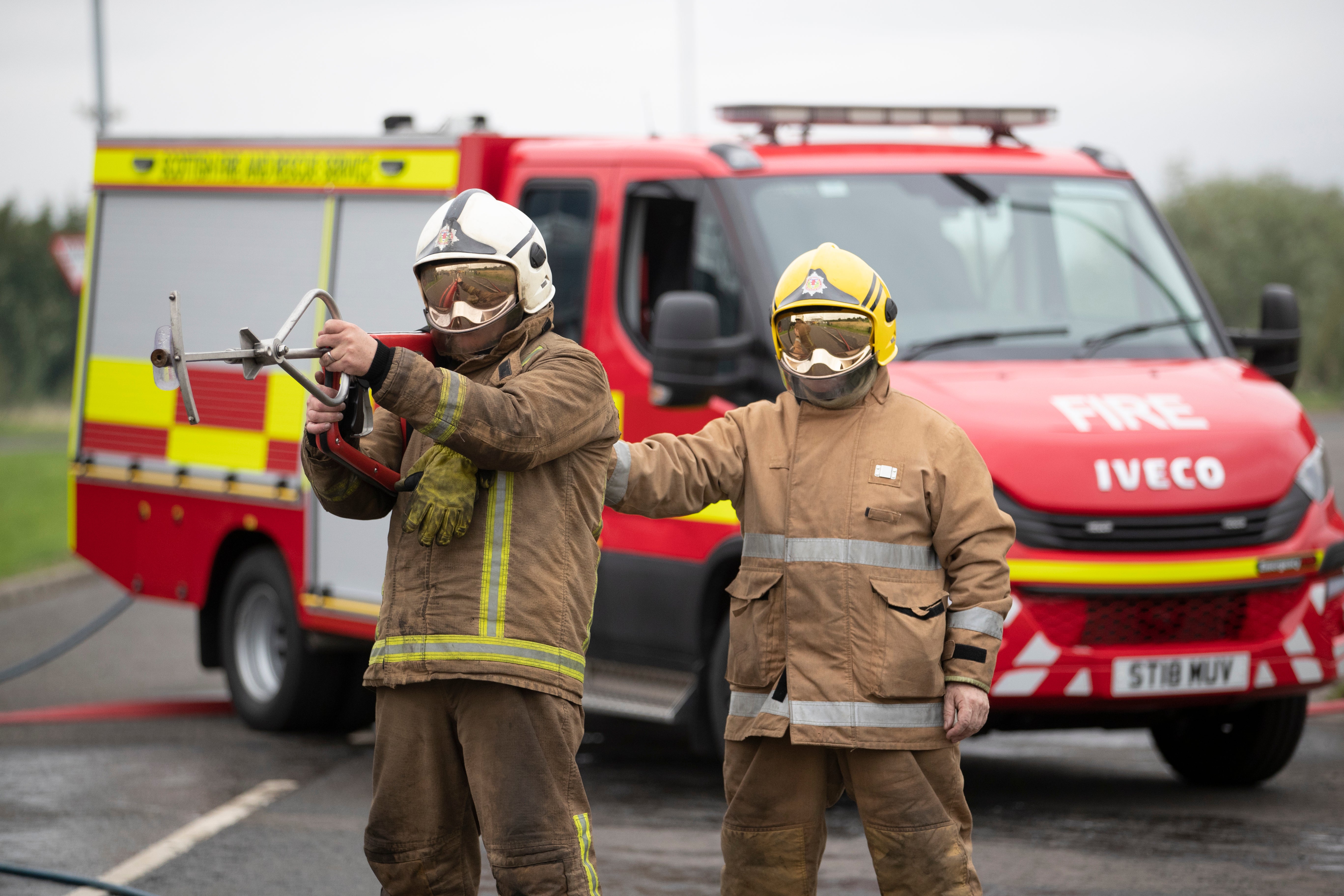Firefighters offered chance to carry naloxone to help with drug overdoses
Firefighters are joining the police and ambulance crews in carrying the nasal spray which can reverse the effects of an opioid overdose.

Your support helps us to tell the story
From reproductive rights to climate change to Big Tech, The Independent is on the ground when the story is developing. Whether it's investigating the financials of Elon Musk's pro-Trump PAC or producing our latest documentary, 'The A Word', which shines a light on the American women fighting for reproductive rights, we know how important it is to parse out the facts from the messaging.
At such a critical moment in US history, we need reporters on the ground. Your donation allows us to keep sending journalists to speak to both sides of the story.
The Independent is trusted by Americans across the entire political spectrum. And unlike many other quality news outlets, we choose not to lock Americans out of our reporting and analysis with paywalls. We believe quality journalism should be available to everyone, paid for by those who can afford it.
Your support makes all the difference.Firefighters in Scotland are being offered the chance to carry naloxone to help prevent drug deaths.
The Scottish Fire and Rescue Service (SFRS) will join the Scottish Ambulance Service and Police Scotland in offering staff training on how to use the nasal spray that can reverse the effects of an opioid overdose.
Volunteers who choose to carry naloxone will be also be trained on how to identify the signs of an overdose as part of a £90,000 scheme funded by the Scottish Government.
Ahead of a visit to Bathgate Community Fire Station, the First Minister Nicola Sturgeon said: “I want to thank the Scottish Fire and Rescue Service for the incredible job they do every day to save lives.
It is reassuring to know that if they come across a situation involving an opioid overdose that volunteers will be able to administer naloxone
“SFRS staff regularly interact with the public during operational incidents, prevention and protection work and community engagement and it is reassuring to know, that if they come across a situation involving an opioid overdose, volunteers will be able to administer naloxone while they wait for an ambulance to arrive.
“Naloxone is one of a wide range of measures being used to address the public health emergency of drugs deaths, but it plays an important role and allows those administering the kits to connect people who use drugs and their families with appropriate local services.
“Of course, we want to help people long before they get to the point of a life-threatening overdose and we are working hard to increase the number of people in treatment backed by total funding of £250 million over five years.”
SFRS group commander, Paul Blackwood, has volunteered to carry naloxone and said: “I grew up in Glasgow and I lost my best friend at the age of 19 from a drugs overdose.
“This traumatic experience has stayed with me and so it was important for me to volunteer to carry naloxone.
“I have the kit because I want to be in a position to save someone’s life.”
Assistant chief officer, Stuart Stevens, from SFRS, said: “We welcome funding from the Scottish Government to provide life-saving medication for some of the most vulnerable people in our communities.
“We will fully support volunteers within SFRS to complete training to safely administer naloxone to help prevent avoidable drug deaths from overdoses.
“This project highlights our commitment to working with partners to improve the safety and wellbeing of the people of Scotland.”